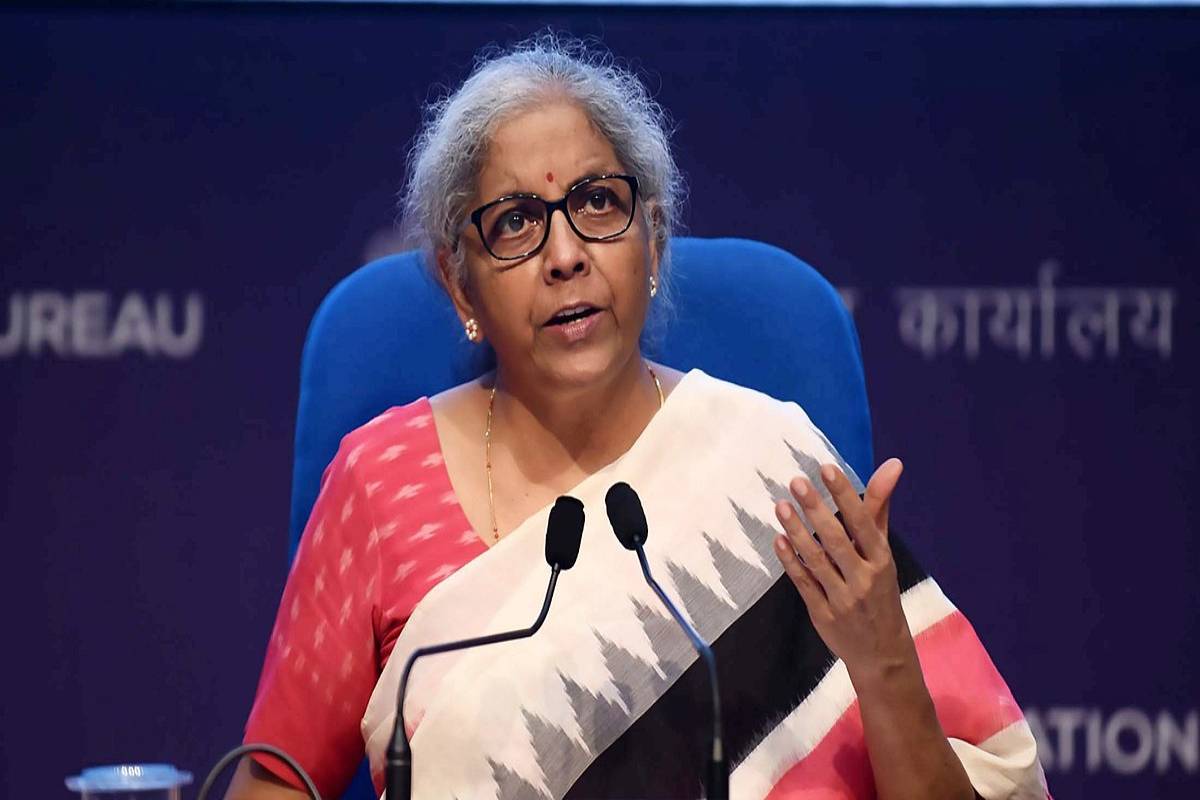Kangana says THIS about Diljit Dosanjh’s meeting with PM Modi
Kangana Ranaut discusses her admiration for PM Modi, addressing her failed attempts to meet him and expressing a desire for a future conversation about the arts.
Addressing an event organised by the ICRIER, Sitharaman said credit must be given to PM Narendra Modi’s statesmanship to take the decision of boosting imports of Russian oil at discounts as it helped in reducing the import bills.

Budget 2023-24: Sitharaman chairs first consultation with industry leaders, experts
The share of Russian oil in India’s overall oil import basket increased from 2 per cent to 13 per cent in a couple of months after the beginning of the Russia-Ukraine war, which led to a spike in energy prices globally, Union Finance Minister Nirmala Sitharaman said on Thursday.
Addressing an event organised by the Indian Council for Research on International Economic Relations (ICRIER), Sitharaman said credit must be given to Prime Minister Narendra Modi’s statesmanship to take the decision of boosting imports of Russian oil at discounts as it helped in reducing the import bills.
Advertisement
“I respect the PM for his courage to get it (crude oil) from Russia because they are willing to give on discount… our entire import had 2 per cent of Russian component, it was ramped up to 12-13 per cent within a couple of months,” the finance minister said.
Advertisement
“Sanctions, sanctions but countries are finding their own way to get that Russian crude, gas…I give credit to the statesmanship of the Prime Minister to make sure globally that we did keep our relationship with all countries but he yet managed to get the Russian fuel which is what Japan is doing today,” she said.
Sitharaman said the increase in oil imports at discounted prices from Russia is a part of the “inflation management”.
Crude oil prices soared to near record high earlier this year due to the Russia-Ukraine conflict. Western countries led by the United States imposed several sanctions on Russia. However, Prime Minister Narendra Modi’s government decided to ramp up oil imports from Russia giving supremacy to the national interests.
Finance Minister emphasised that managing inflation cannot be the sole responsibility of the central government and thus states must also act and cooperate in keeping the general price rise in check.
“Inflation handling can’t be left singularly to the monetary policy. The majority of measures to tame inflation are outside monetary policy. Fiscal and monetary policies have to work together to tame inflation. Inflation handling can’t be left singularly to monetary policy,” she said.
Minister said that Input prices for agriculture and MSMEs have to be managed which feed inflation.
“Solutions to inflation management need to be country-specific,” the finance minister said.
Advertisement